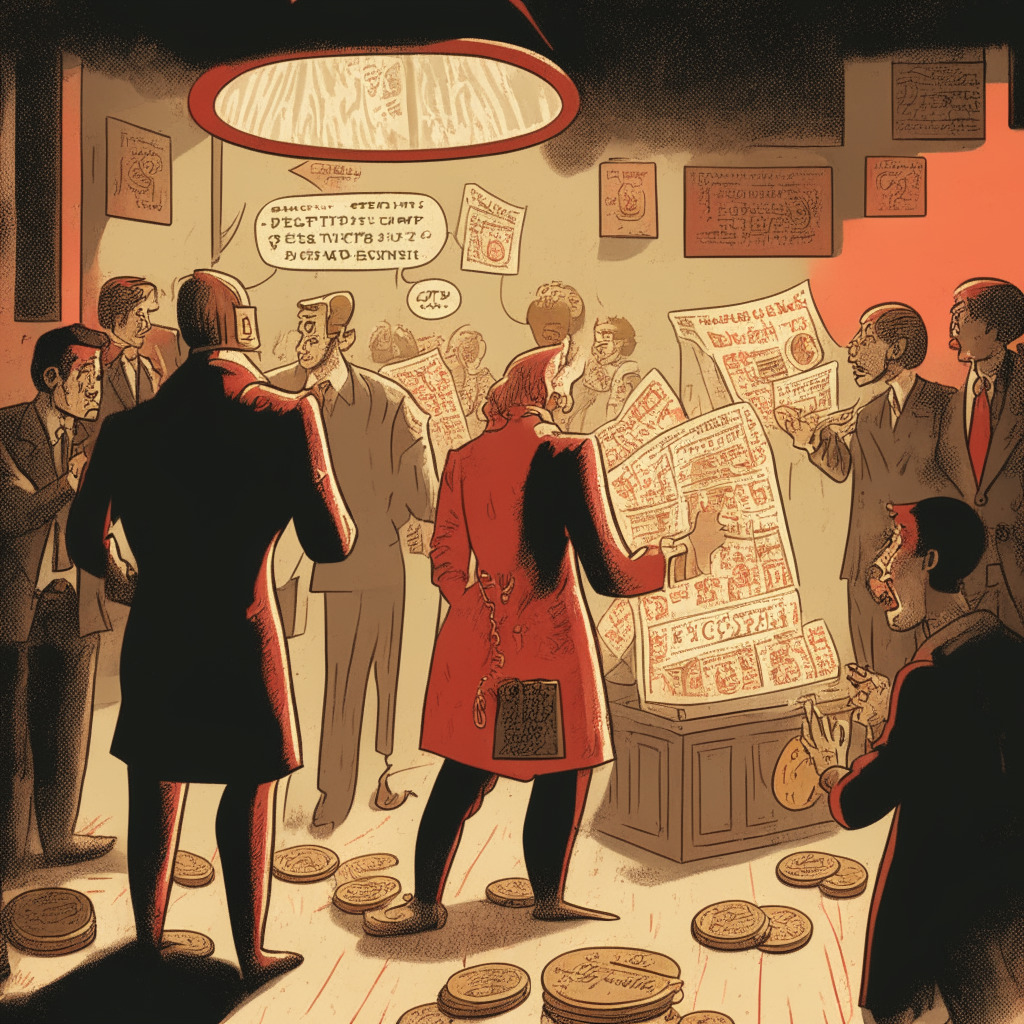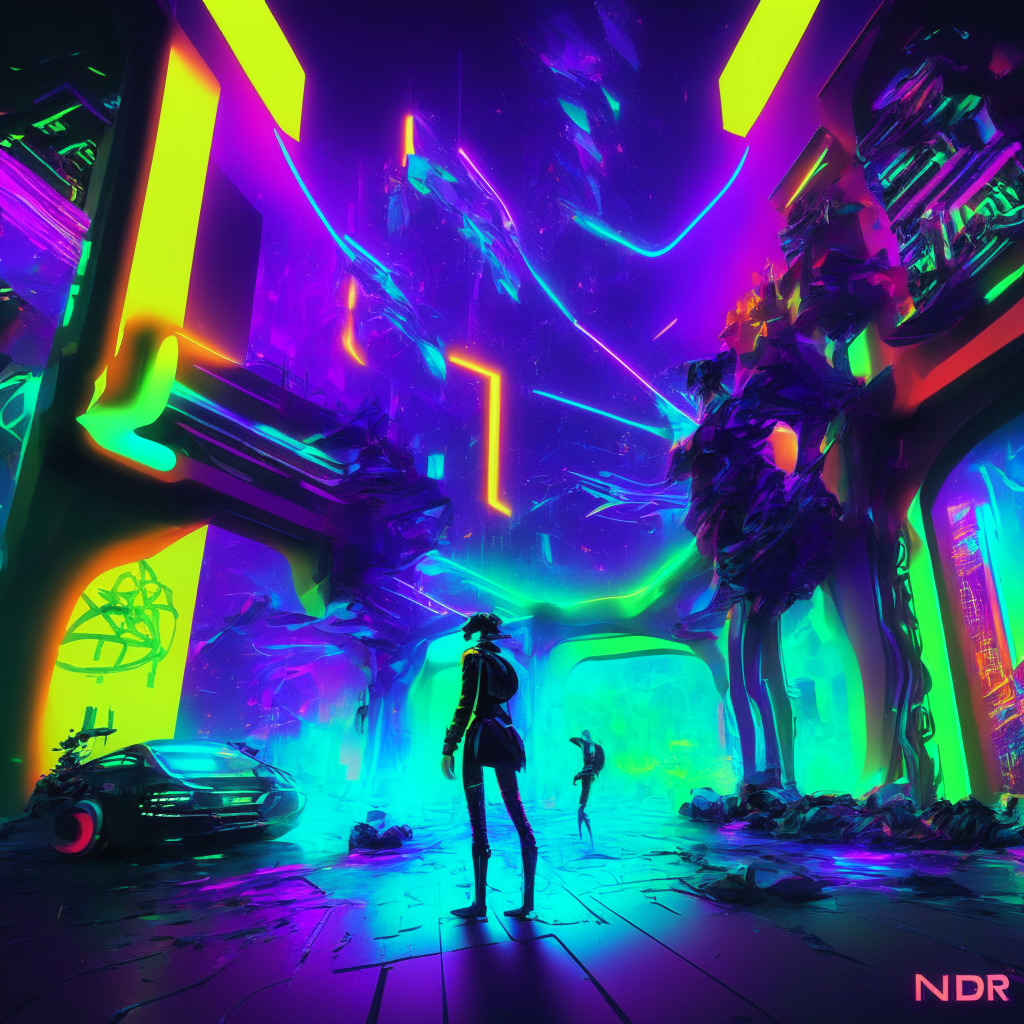Artificial Intelligence’s role in Hollywood has been under scrutiny for quite some time. With the ending of the recent Writer’s Guild of America (WGA) strike, we see the implications of this scrutiny come into fruition. After five long months of picketing and countless negotiations, a tentative deal was approved ensuring better wages, fair contracts, and uppermost, a definitive stance on AI practices.
The bone of contention lay in AI’s potential substitution of human creativity. AI has been seen by many entertainment industry entities as a means to automate a process where writers could be deemed redundant. In August, Hollywood studios drew significant backlash when they proposed AI usage in the industry. The studios’ proposed terms raised eyebrows, to say the least.
The crux of the approved deal emphasized the sanctity of a writer’s work. To boil it down, the deal states, “AI can’t write or rewrite literary material”. AI generated content is thus rendered incapable of affecting a writer’s credit. Simply put, AI cannot and should not steal a writer’s thunder.
Still not crystal clear? Here’s another excerpt that states, “A writer can choose to use AI when performing writing services if the company consents and provided that the writer follows applicable company policies, but the company can’t require the writer to use AI software (e.g. ChatGPT) when performing writing services.” It’s quite imperative that companies be transparent with writers about AI-generated content incorporated into a project.
Regardless of the WGA’s tentative win, there’s still more to grapple with. SAG-AFTRA, another prominent entertainment union, which joined the WGA bandwagon only in July, remains in active strike mode. The union battles the use of AI in scanning background performers. It challenges the compensation for such scans and disputes the idea of studios owning a performer’s image and likeness.
Moving from a creative buzz to a security menace, the Mixin Network recently found itself in a rather lucrative hiccup. A breach in its third-party cloud server database resulted in theft of nearly $200 million worth of digital assets. In a game of cat and mouse, Mixin offered a generous $20-million bug bounty for the return of the stolen funds. The road to resolution continues to seem rocky as the exact details of the exploit are yet to be revealed.
From an industry fighting for the sanctity of creativity to a platform offering a large bounty to preserve its user assets, the world of blockchain and AI continues to be everything but dull. It seems clear that the balance of digital progression and human creativity continues to teeter on the edge of the future.
Source: Cointelegraph




